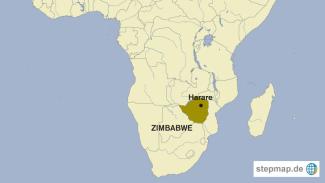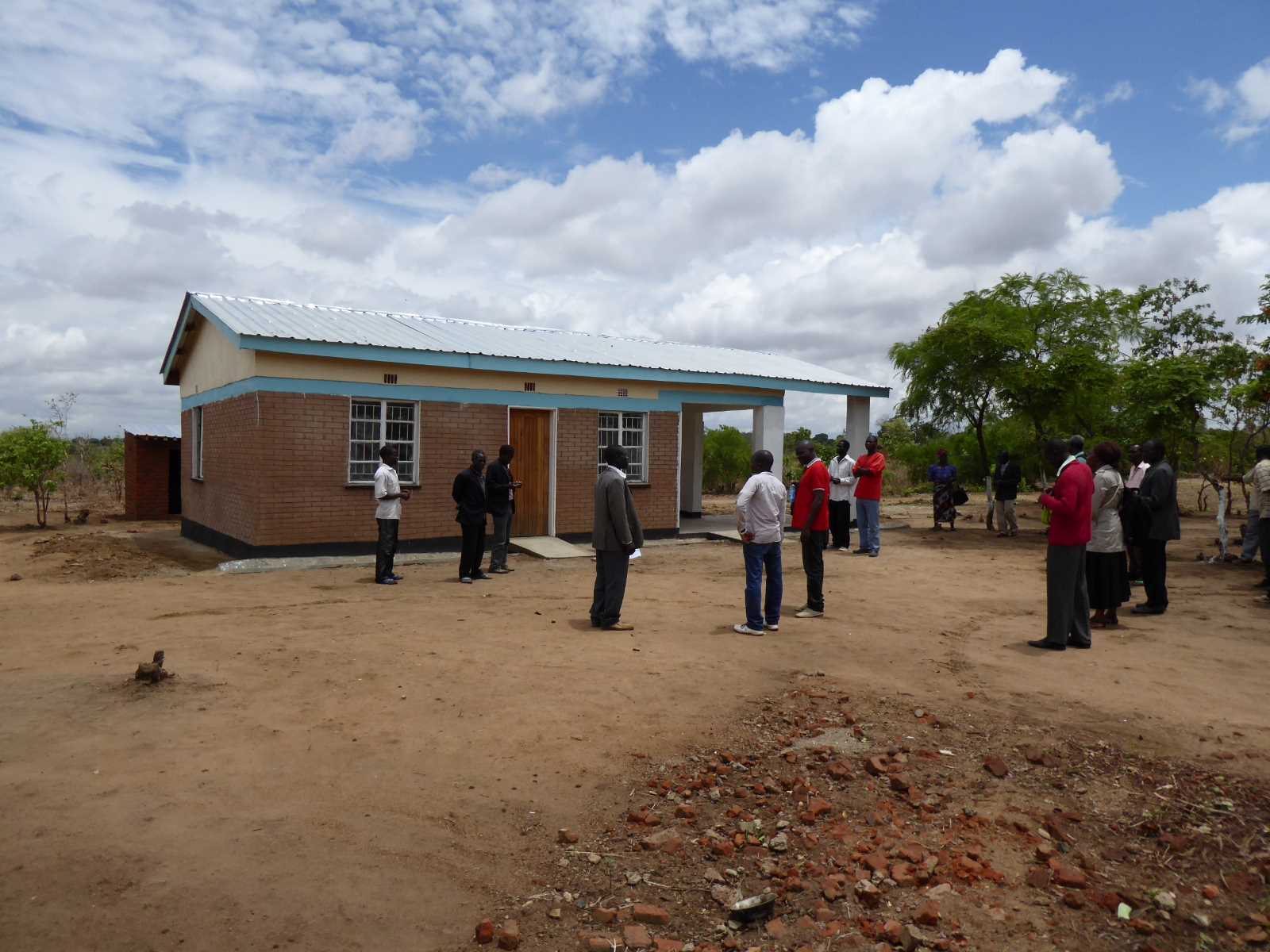Health
Obesity is the new health challenge

At the age of 24, Tigere Chitagu is overweight. He is from a low-income suburb of Mabvuku in Harare, the Zimbabwean capital. Chitagu’s parents migrated to neighbouring South Africa a decade ago in search of work. They regularly send him and his siblings staple foodstuffs, such as mealie meal and cooking oil.
“My siblings and I depend on food and groceries that our parents send us from Johannesburg. Food is cheaper in South Africa,” Chitagu explains. Asked about being weighing almost 90 kilogrammes at a young age, Chitagu claims he is happy the way he is. To him, it is a sign of good living. “I have enough food, and that is why I am big,” he brags.
But behind his back, Loveness Chipiri, one of his neighbours, accuses Chitagu and his siblings of gluttonous dependence on processed foods from South Africa. “These boys eat too much food items sent by their parents living in South Africa. As a result, all of them are obese,” Chipiri says.
Today, an increasing number of Zimbabweans are overweight. Their dietary habits put their health at risk as hypertension, diabetes and other illnesses are related to obesity. Long-term consequences may include stroke, heart attack and kidney failure.
According to Takudzwa Mhere, a medical doctor in private practice based in Harare, health experts are urging people to adopt healthy diets and exercise more. He regrets that “many abhor sports”. Lack of exercise compounds the health risks, but overweight people find exercising particularly hard.
The 2015 Zimbabwe Demographic Health Survey shows that 35 % of Zimbabwean women are obese, and so are 12 percent of men. Overweight in this Southern African nation is most common among women with more than secondary education (57 %) and those belonging to the wealthiest households (50 %). Zimbabwe has a population of approximately 16 million, 54 % of whom are women.
Bernard Madzima, the director of Family Health in Zimbabwe’s Ministry of Health and Child Care, says the current environment “encourages energy consumption and discourages energy spending”. This may be contributing towards the upsurge of obesity in Zimbabwe:
“Obesity is a result of poor diet and inactivity. Unhealthy foods are also believed to account for the increased pervasiveness of obesity,” Madzima explains.
Jeffrey Moyo is a journalist and lives in Harare, Zimbabwe.
moyojeffrey@gmail.com













